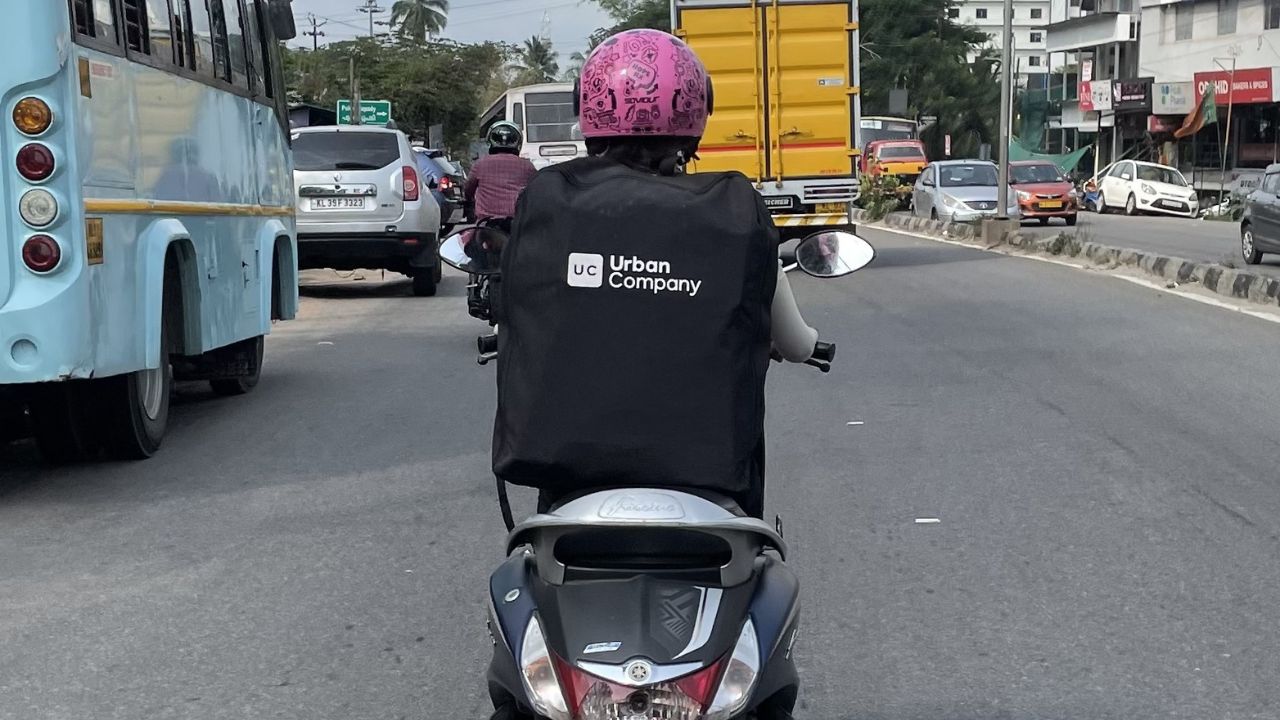“We earn an average of Rs 500-600 daily, or around Rs 15,000 a month. To be honest, it’s not enough. But there is no other option. The level of exploitation is high–it’s like a parasite sucking our blood,” said Pradeep, a full-time working employee at a food delivery platform.
Pradeep’s story is not unique. Most platform workers face significant work-related expenses such as fuel, vehicle maintenance, and insurance, all of which reduce their take-home pay.
According to a report by the Fairwork India team, spearheaded by the Centre for Information Technology and Public Policy (CITAPP) at the International Institute of Information Technology Bangalore (IIITB), only Urban Company and bigbasket have instituted a minimum wage policy that ensures all workers earn at least the local hourly minimum wage.
Temp Tactics: Logistics, e-comm firms scaling up gig workforce this festive season
The researchers have accessed five principles (fair Pay, Fair Conditions, Fair Contracts, fair Management, and Fair Representation) to analyze the condition of gig workers on India’s leading online platforms.
According to the report, Zomato, Swiggy, Urban Company, and bigbasket scored 6 out of 10 points creating favourable working conditions for gig workers. BluSmart scored five points, while Zepto scored four. Notably, Amazon Flex, Flipkart, Ola, Porter, and Uber were identified as underperformers.
No platform scored any point in the ‘fair representation’ category. Balaji Parthasarathy, one of the principal investigators, told Storyboard18 that they were unable to find sufficient evidence to confirm that Flipkart, Ola, Uber, and Porter met the criteria for awarding points in this principle.
‘Platforms facilitate changes’
Some platforms have announced measures in their policies and practices to improve the working conditions of their workers.
For instance, ride-sharing company BluSmart has introduced accident insurance at no additional cost to all its workers. BluSmart also instituted a formal policy on Loss of Standing to ensure that workers who go on leave from the platform are not penalized upon their return.
Swiggy has committed to compensating workers for income losses incurred due to app malfunctions during the period of their login hours.
More than nine in ten business leaders in India expect job displacement from AI: Study
bigbasket has introduced anti-discrimination policies. Amazon also instituted an anti-retaliation policy, ensuring that workers are not disadvantaged when raising concerns.
Zepto and Zomato have institutionalized regular external audits of their algorithms reducing the likelihood of algorithmic bias against workers.
“Representation through a collective body or trade union is a vital dimension of fairness at work. It is disconcerting that despite the rise in platform worker collectivisation across the country over the past six years, there was insufficient evidence from any platform to show a willingness to recognise a collective body of workers,” Fairwork India said.
